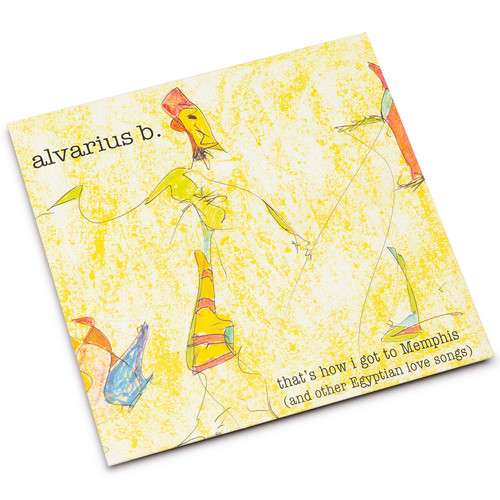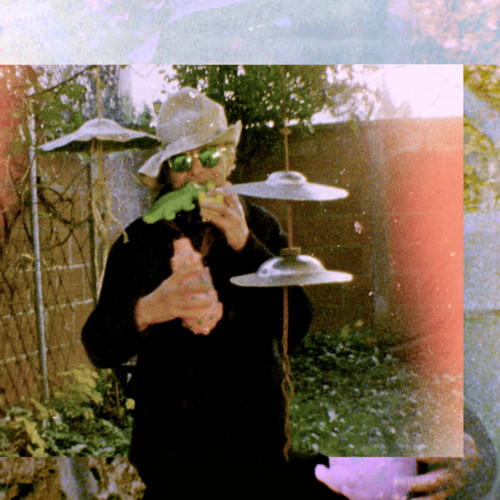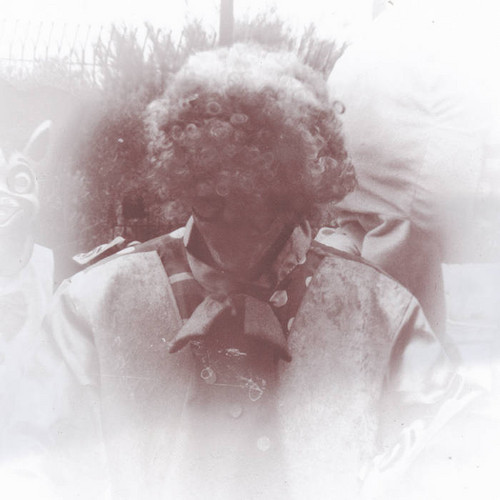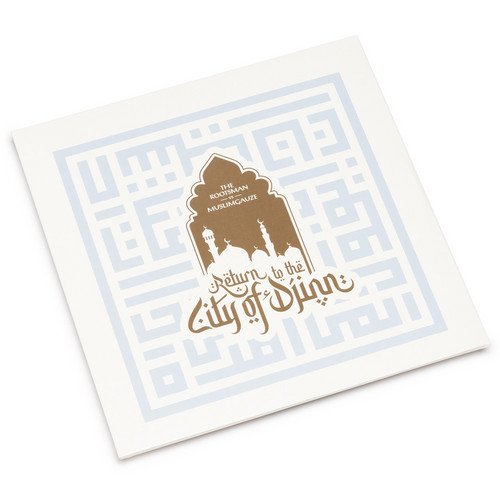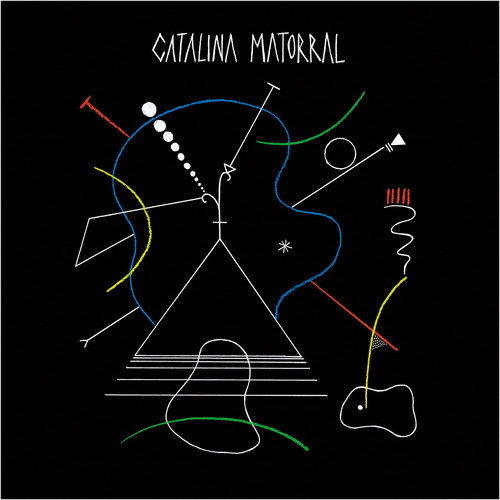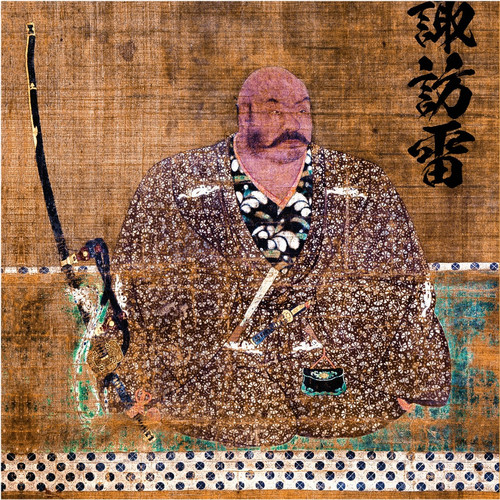★Via Parigi
That’s how I got to Memphis (and other Egyptian love songs)
While there has been plenty of precedent, regarding Alvarius B’s fascination with the down and out of Anglo/American cultural refuse, That’s How I Got To Memphis is certainly his most realized collection of paying homage to it. The fact that this whole album is a collection of covers that have invaded AB’s current musical obsessions is testament to the timeless nature of the original artists songwriting prowess. Imagine Joe Meek coming back from the dead to produce a country western and northern…
Funeste Human Nature
"Step into the enigmatic realm of ‘Funeste Human Nature’, an audacious collaboration between avant-garde luminaries Jac Berrocal, Pascal Comelade, and Vincent Epplay. In this mesmerizing sonic odyssey, the boundaries of experimental music are shattered as Berrocal's haunting trumpet, Comelade's whimsical piano, and Epplay's immersive soundscapes converge to create a kaleidoscope of textures and emotions. A journey through the depths of the human psyche, where surrealism meets primal instincts an…
Évohé Bègue
"Evohé, the song of the bacchants, is multiple and dangerous, its cult is not based on any catechism. Bacchanalian song is about intrusion, it knows neither beginning nor end, and refuses to take the stage that is set for it. Evohé is thus a permanent discipline of aggression of the ritual by the real. A cult of the dangerous object, of time gnawing at flesh, of redemption through intoxication."
French Chanson, Noise, echoes of music from faraway and long ago, modified radio transistors and oth…
Return To The City Of Djinn
* Double album housed in a wonderful sleeve designed by Oleg Galay. Including one 12'' color insert. High quality pressing * The second part of the famous collaboration between two UK based electronic pioneers: John Bolloten aka The Rootsman and Bryn Jones aka Muslimgauze. For this album the original The Rootsman material from his albums “Into The Light” and “52 Days to Timbuktu” was remixed and deconstructed by Muslimgauze. As always with Bryn Jones, all material is inspired by Arab culture.
We…
Amahar
* Much needed repress* First vinyl issue of these raw experimental dub collaborations between Muslimgauze and The Rootsman, written, recorded and mixed at the Third Eye Studio, Bradford, UK between 1997 and 1998. Originally released on CD by Russian label Aquarelist
City of Djinn
One of many Muslimgauzes to finally see the light of day on vinyl, his first meeting with The Rootsman is a fierce session of signature, sawn-off loops and soundsystem noise
Catalina Matorral
Tip! * Edition of 300 * Catalina Matorral is a comet. Catalina Matorral is a duo; Marion Cousin and Borja Flames make up its double head and four hands. At the beginning of the 2010s, they were called June et Jim — we remember some disturbing EPs they released before joining the label Le Saule (a small, chivalrous table whose holy grail is everything unheard, where folk-singing is avant-garde and avant-garde is synonymous with enchantment). Their first LP, Les Forts, evoked the songwriting of in…
The Imâra - The Dance of the Stars
* Edition of 300. Recorded by Charles Duvelle in Mostaganem (Algeria). * This version of the ‘imâra starts with the qahili introduction in the form of a prayer to the prophet, then the tawhid (the affirmation of divine unicity) : « lâ illâha illah llah ». This same dikhr (psalmody) quickens its pace, at first very slowly, then more and more rapid until the name of Allah is repeated to a binary rhythm. The fuqâra will shortly retain only hu (from Allahu) as it is gradually imposed by the qutb (…
Suwa Ikazuchi
A fantastic percussive album performed by the Osuwa Daiko Preservation Society and veteran jazz pianist Masahiko Sato. A great blend of avant garde and traditional music recorded at Osuwa Daiko's dojo in Okaya City, Nagano, Japan. The Suwa Daiko is a tradition of Kagura (sacred music and dance) and drums of the Suwa Taisha Shrine that enshrines the life of the Takeminakata (one of god in Japanese mythology). It is a folk performing art that is recorded in an ancient document of the "Koshin-etsu-…
